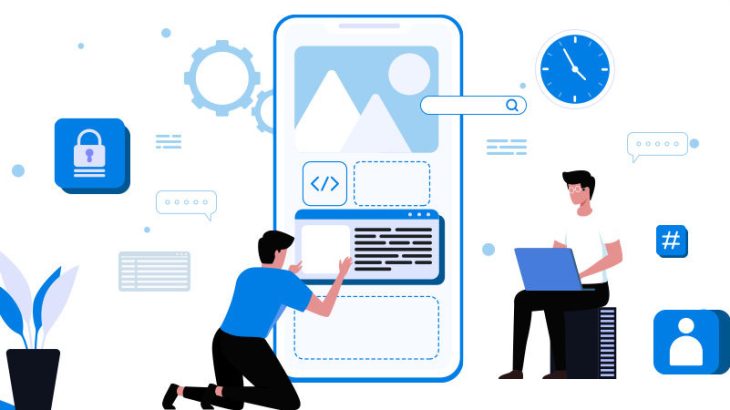Meaning of Human Resource Management
Human resource management refers to the management of employees working within the organization. It is part of management which aims at maintaining an efficient and competent workforce. Human resource management involves a wide range of activities such as hiring, training, motivating, fixing compensation, promoting and firing employees.
This is a continuous function which focuses on planning, organizing, directing and controlling of human resource. HRM is a process which enables in enhancing the performance of employees and derives better results from them. It ensures fuller utilization of employees working in an organization to attain desired goals timely.
Human resource management helps organizations in deciding the optimum number of human resource required and also recognizes the sources for recruiting them. It aims at matching the right person to the right job at the right time to derive maximum output. Human resource management is one of the important managerial functions required by every organization to remain profitable and productive.
Function of Human Resource Management
Various functions played by Human resource management are as follows:-
1. Human Resource Planning: Human resource management helps in planning the optimum human resource requirements of an organization. It analyses and decides the number and types of employees needed for performing functions needed to attain desired goals.
2. Job Analysis and Design: It performs the role of analyzing the nature and requirements of various job positions. HRM describes the skills, work experience and qualification needed for delivering the job role. Job design is concerned with deciding duties, task and responsibilities to be undertaken needed for attaining objectives.
3. Recruitment and Selection: HRM does the function of hiring required personnel for carrying out the required operations. It focuses on selecting prospective employees for organization which can perform efficiently and deliver better results.
4. Training and Development: Organization needs to train their newly recruited employees for better performance. HRM provides various training and development programs for enhancing the skills of all employees. Employees attain professionalism and efficiency in their roles through training.
5. Performance Appraisal: It involves monitoring employee’s performance and awarding them as per their output. Performance appraisal ensures that an employee’s output remains at an acceptable level. HRM evaluates the performance of various employee’s and decides their incentives accordingly.
6. Employee’s Welfare: Welfare of employees plays a significant role in improving the efficiency of people working with the organization. HRM is one which ensures that employees get better working environment, services, facilities and benefits. It will help in motivating them and yield better productivity.
7. Labor relations: HRM has an efficient role in improving the relations with labours. It ensures that all workforces are paid fair wages timely. HRM handles and resolves all queries or conflict of labours working within the organization.
Importance of Human Resource Management
Importance of Human resource management is discussed in points given below:-
1. Fulfills Human resource requirements: HRM plays the function of acquiring and maintaining the required human resources for an organization. It is the one which create a large pool of people from which competent staff can be selected.
2. Achievement of objectives: It monitors and ensures that all operations are going as per formulated policies. HRM aims at efficient utilization of resources and avoids any wastage. It develop positive attitude among employees by regularly motivating them.
3. Increase productivity and profit: HRM aims at increasing the efficiency and profitability of organization. It ensures that all resources are properly allocated and delivers better output. HRM is the one which match the right person to the right job. This enables in enhancing the overall productivity and profitability.
4. Maintain quality of work life: It work towards providing better work life to all employees working with organization. HRM ensures that all employees get healthy working conditions, fair wages, facilities and benefits.
5. Resolves disputes and queries: Proper handling of all conflicts and queries of working staff is must for every organization. HRM helps in addressing and resolving all problems of workforce timely for ensuring smooth functioning.
6. Improves relation between management and labor: HRM aims at developing cordial relations between labor unions and management. It helps in developing a sense of belongingness among labor by providing them with better facilities and growth opportunities. HRM promotes better coordination among them by taking their suggestions and ideas in decision making.





